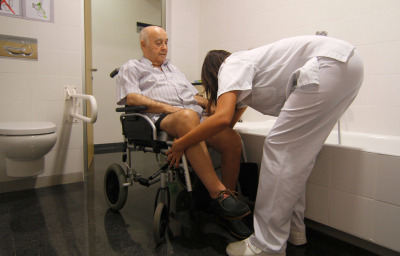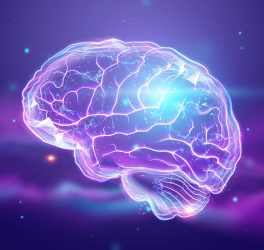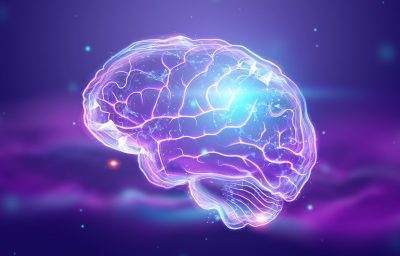
In a recent study, Duke researchers tested whether a single infusion of a unit of a child’s own or donor cord blood could improve social communication skills in children between the ages of 2-7 diagnosed with autism.
Of the 180 children in the study, the subgroup of children without an intellectual disability showed improvements in language communication, ability to sustain attention measured via eye tracking, and increased alpha and beta EEG power, a measure of brain function.
However, those who also had an intellectual disability did not show social communication function improvement after the infusion.
The findings are publishing online May 19 in The Journal of Pediatrics.
“Cord blood contains immune modulating cells called monocytes,” said Joanne Kurtzberg, M.D., Jerome S. Harris Distinguished Professor of Pediatrics, director of the Marcus Center for Cellular Cures and a pioneer in the use of cord blood treatments. “In the laboratory, these cells calm down a type of brain inflammation that can be seen in children with autism. In this study, we tested whether cord blood infusions would lessen symptoms in children with autism.”
Approximately 40 percent of children with autism also have an intellectual disability, as defined as an IQ below 70, according to first author Geraldine Dawson, Ph.D., director of the Duke Institute for Brain Sciences and the William Cleland Distinguished Professor of Psychiatry and Behavioral Sciences.
More research is needed to determine why the findings in this study are different between those with and without an intellectual disability, and whether the treatment could be altered to be beneficial to more children.
“It is unclear whether the failure for children with intellectual disability is due to the short duration of the study, the outcome measures not being sensitive enough to detect change in this population or that the cord blood is actually not an effective treatment for children with autism who also have an intellectual disability,” Dawson said.








